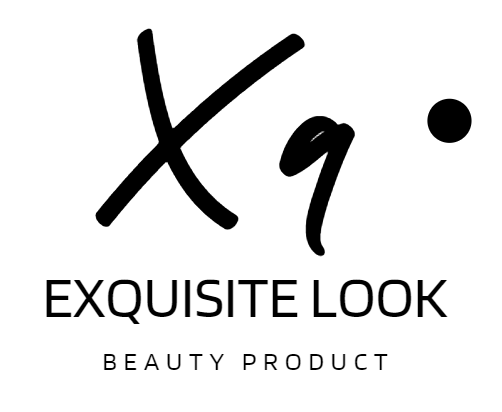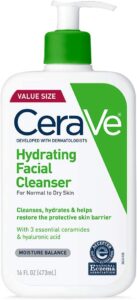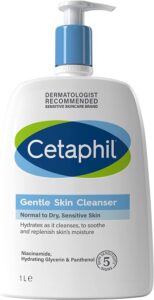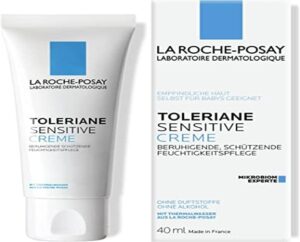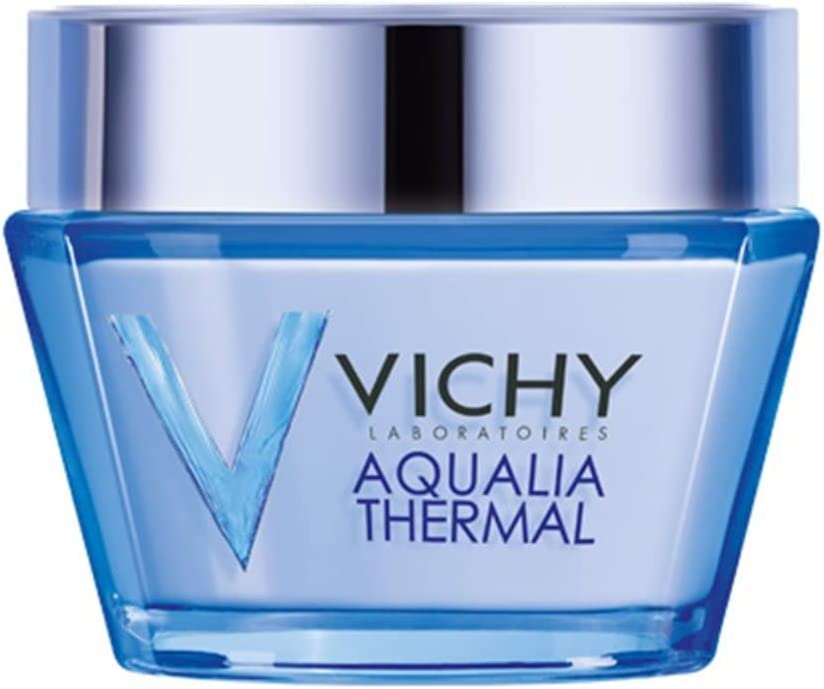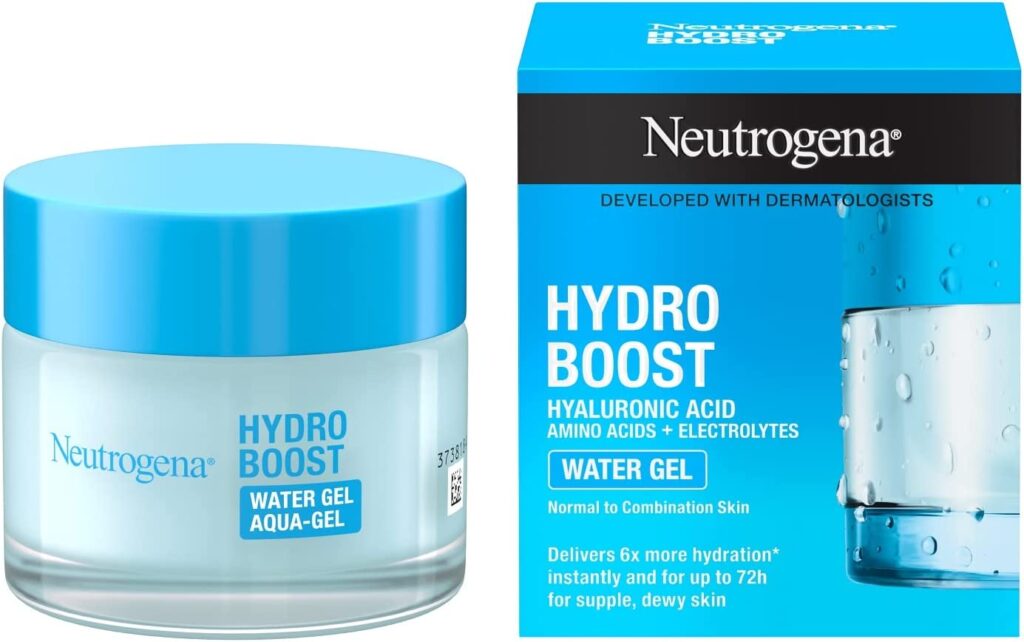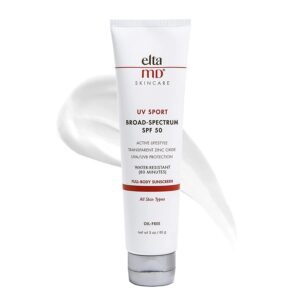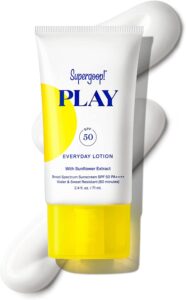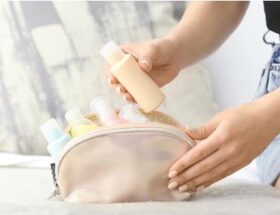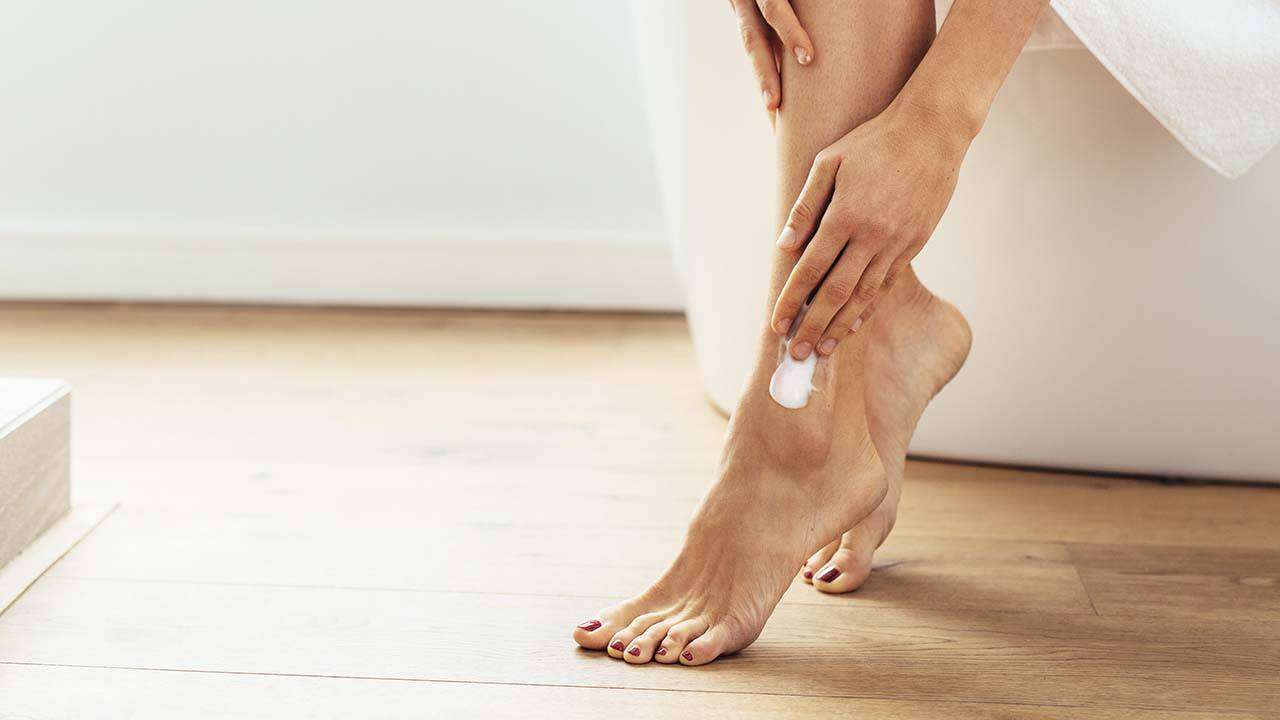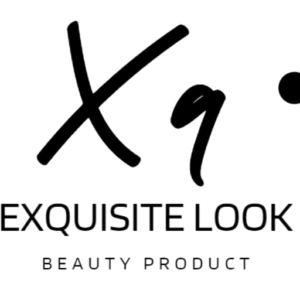Taking care of your skin can sometimes become an overwhelming task, especially if you are just starting out. Right from understanding your skin type, to learning about the various products out there, for each skin problem, it can be a daunting journey to build a skincare routine. However, understanding that taking the time to take care of yourself is not an indulgence or even a luxury. Rather look at it as a necessity for your overall wellbeing. This will give you that extra push to help build a simple and easy skincare routine.
There are some skin-care guidelines that are typically applicable to all people, despite the fact that everyone’s skin is unique and hence has various skin issues, worries, goals, etc. These can be referred to as the skin basics.
As a beginner the most important starting point of a good skincare routine is, keep it simple and stick to it. As you get comfortable with your newfound daily routine you can expand as you see fit. A basic skincare routine should always include the following 3 steps carried out in the same order:
Step 1: Cleansing
The ideal and a must do for everyone is cleansing your complexion twice a day, every day – once in the morning and once in the evening. However, there is one exception to the twice-daily rule if you have dry skin. For someone with excessive dry skin, a quick face rinse with plain water should do the trick.
A morning cleanse will help eliminate any sweat or leftover oil residue from your hair or pillowcase from the night before. An evening cleanse, which should never be compromised or skipped, helps remove not only the skin-care products and makeup that you applied in the morning, but also excess oil, sweat, dead skin cells, pollutants, and other debris that collect on the skin throughout the day.
When choosing a cleanser always opt for one that is gentle on your skin and provides hydration. A hydrating cleanser is suitable for any skin types. Additionally try and make sure they are fragrance free, have minimal ingredients, and has ceramides and glycerine to restore and maintain the skin barrier.
To make the choice easier for you, we have two tried and tested skin cleansers that are ideal for any skin type. The CeraVe Hydrating Facial Cleanser and Cetaphil’s Gentle Skin Cleanser, both of which have won multiple beauty and skincare awards.
Step 2: Moisturizing
Moisturizing daily helps create a barrier between your skin and the climate and related pollution. It further helps rehydrate and enhance the capacity of the skin to hold water. Using a fragrance and oil free moisturizer is best recommended for all skin types including acne prone and sensitive skin, however a moisturiser can also be used to address any particular skin concern you have. While there are many ingredients that a moisturiser can include for multiple skin concerns, we have put together some of the most basic and most helpful that every beginner should know:
- Hyaluronic acid: Plumps up the skin and restores hydration.
- Ceramides: Crucial for skin-barrier strength and overall health, especially for those with dry skin and eczema
- Vitamin C: Provides antioxidant protection and overall skin brightening.
A recommended list of moisturizers that fit some of the above criteria include: La Roche-Posay Toleriane Double Repair Face Moisturizer and Vichy Aqualia Thermal UV Defense Moisturizer.
For those with oily skin it is recommended using noncomedogenic
moisturisers, as they will not block your pores and cause breakouts. Noncomedogenic
moisturisers for oily skin include Neutrogena Hydro Boost Water Gel Moisturizer
and EltaMD AM Therapy Facial Moisturizer.
Step 3: Protect
We cannot emphasize enough on how important it is to wear sunscreen, it is your first line of defence against skin cancer. Try and but a sunscreen that is SPF 30 or higher and ensure you apply it daily even if its not sunny outside. There are two types of sunscreens that you can choose from, mineral or chemical and in some cases, both are combined into one formula. Thanks to components like zinc oxide or titanium dioxide, mineral sunscreens act as a shield, preventing the sun’s rays from reaching the skin. On the other hand, chemical sunscreens shield the skin from UV radiation by absorbing them and relying on components like octocrylene or avobenzone.
Some good quality sunscreen options, especially for sensitive skin are EltaMD UV Sport Broad-Spectrum Sunscreen 50+ and Supergoop Everyday Sunscreen SPF 40.
Once you have these basics figured out, you can easily addon extra skincare steps as and when needed. Some additional steps you can addon include exfoliation once or twice a week, facials, skin masks etc. Again, pick and choose these depending on your skin type and areas of concern.
Some important tips to keep in mind
Be consistent with your routine: going through the same routine morning, evening, and night every single day will help you achieve the outcome you are looking for.
Be patient: When it comes to skincare patience is a must. When trying out a new skin routine you are not going to see results overnight. Hence it is important to give your skin a chance to get used to the new routine and products.
Less is more: Keep your simple and easy to follow, which will eventually help you become consistent. Additionally, try and include products that have minimal ingredients and are fragrance free.
Your skincare journey may seem daunting at first, however when you break it down to simple steps with a minimalist approach you will find a new way to appreciate your skin even more.
